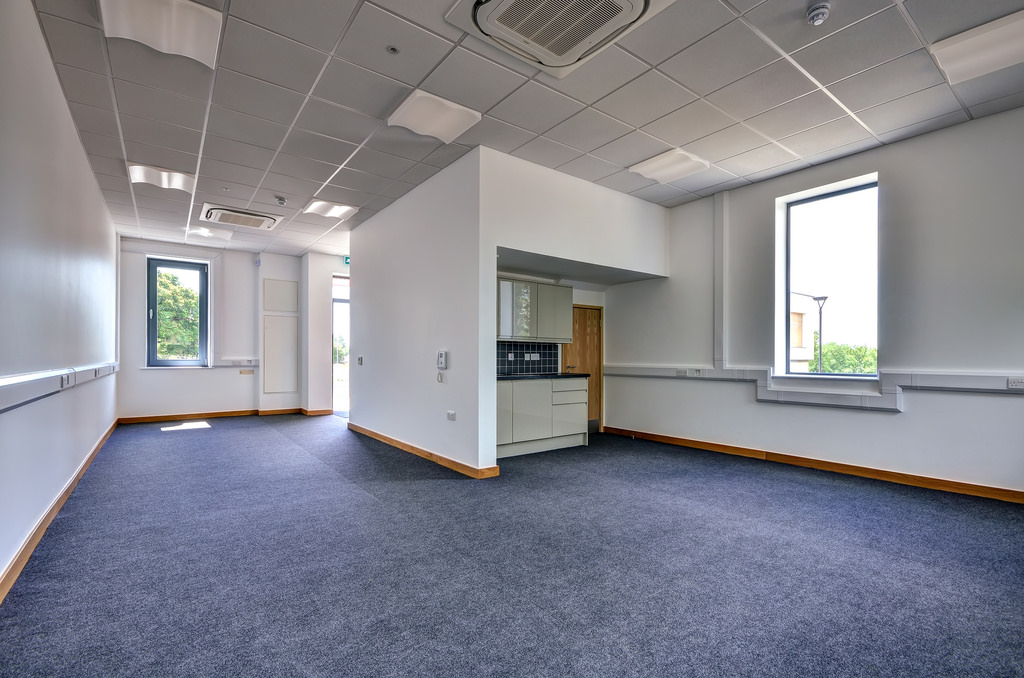

11 Jul Buy vs. Lease: Is it Time for a Commercial Mortgage?
Brian and Jack met while working on the same team at a large company. In their spare time, they created a software-as-a-service product for the healthcare industry. They set up their headquarters in the corner of a friend’s office space, but then the orders began pouring in. The partners quit their day jobs and committed fully to their venture. With success on the horizon, Jack and Brian have already started interviewing programmers, office staff, and sales people. Moving into offices of their own is their next logical step.
The decision to get a commercial mortgage is a question lots of business owners grapple with sooner or later. Like many business decisions, there isn’t a one-size-fits-all formula that would make the buy or lease decision easy.
Pros and cons of a commercial mortgage
Jack and Brian know that they want to be near a hub of healthcare facilities. They’ve narrowed their choices to two buildings. One’s for sale; the other has a suite of offices available for lease. Both are in good condition, have adequate parking, and are situated by major medical centers. Jack makes a case for buying. In addition to pointing that he can put up the money for the down payment (typically as much as 25% of the total cost), he talks up the advantages of a commercial mortgage:
- “It’s an investment in property that’s likely to appreciate.”
- “Allows us to be our own landlord.”
- “Our monthly payments will be predictable for a long time.”
- “We’ll get tax benefits.”
But Brian isn’t convinced. He argues against a commercial mortgage, saying:
- “The money for the down payment could be better spent right now on growing the business.”
- “Managing the property will take time away from running our business.”
- “What if other tenants in our building don’t pay on time or break their lease?”
With the following facts, Brian makes a case for renting: Unlike a commercial mortgage, leasing doesn’t require an enormous down payment. It gives the company the option of moving if it eventually outgrows the location. And it leaves the headaches of maintenance and repairs to someone else.
So who’s right?
The two partners decide to ask a trusted financial expert for advice.
“Generally,” the expert says, “if you plan to stay in the same business location for 7 or more years, then buying is much less expensive than leasing.” But he notes that there are other factors to take into consideration, such as growth forecasts and real estate trends. The main consideration in making a purchase/lease decision, he tells them, “is your business’s relative position in its overall lifespan.”
Brian and Jack are still very much in start-up mode, with all the uncertainties, risks, and potential rewards that that involves. At this point in time, for this particular business, the expert sides with Brian. But every case is different. And – who knows? – a business like yours might very well earn a “thumbs up” to buy. With a decision this big, take everything into consideration.
** Image courtesy of Flickr.com


